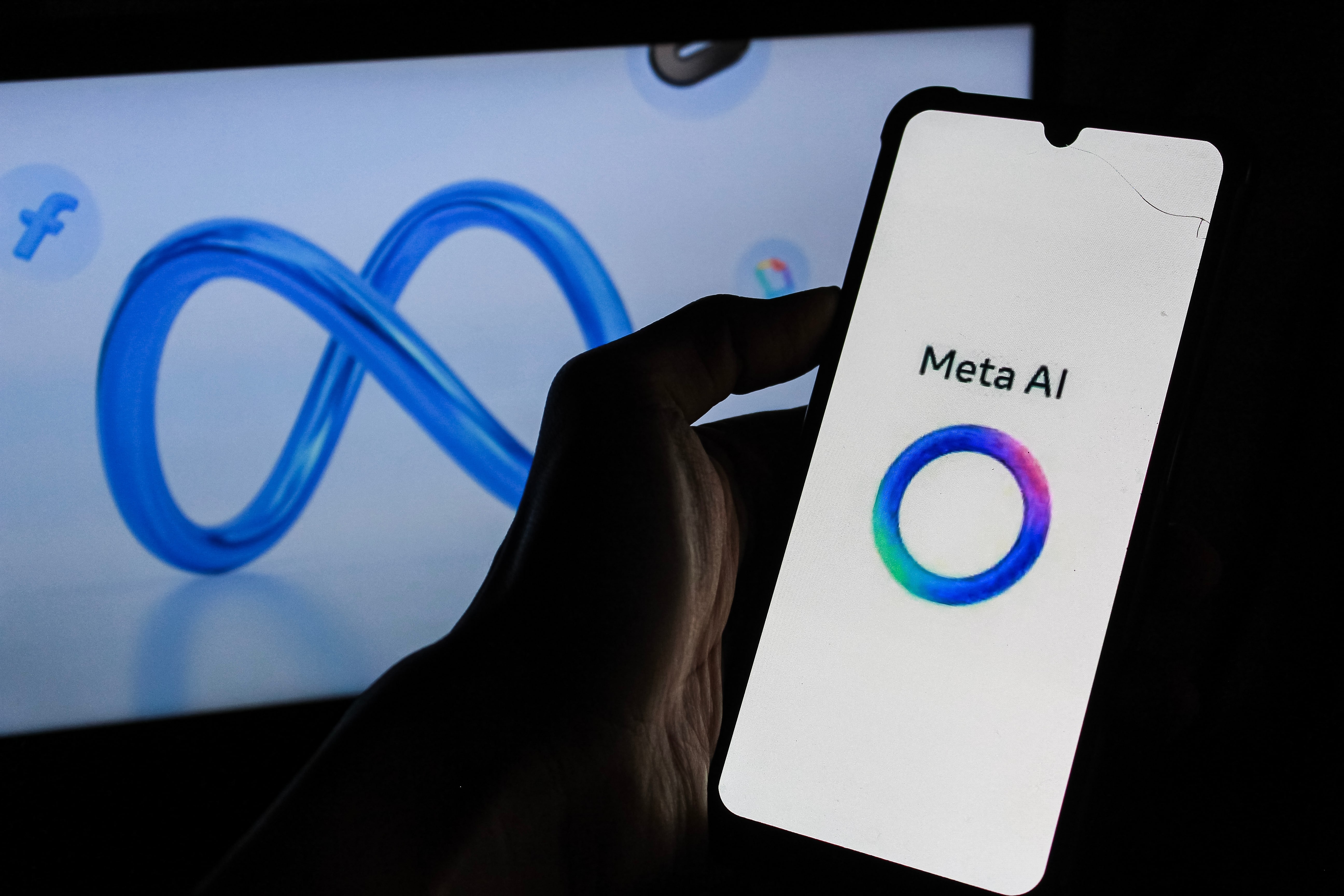Meta has unveiled smart glasses powered by artificial intelligence. The company hopes they will become everyday essentials for users worldwide.
New devices at Meta Connect
At the Meta Connect developer conference, CEO Mark Zuckerberg presented several products created with Ray-Ban and Oakley. Among them was a neural wristband. It pairs with the Meta Ray-Ban Display glasses and allows users to send messages through small hand gestures.
The announcement came as Meta faces continuing criticism over the impact of its platforms. Concerns focus heavily on risks to children. Zuckerberg called the innovation a “huge scientific breakthrough.” He spoke before hundreds of attendees at the Silicon Valley campus.
What the glasses can do
The Meta Ray-Ban Display includes a high-resolution color screen built into one lens. It enables video calls and displays incoming messages. The glasses also feature a 12-megapixel camera.
Zuckerberg expects the glasses to be a key step in integrating Meta AI into daily routines. Analysts argue the product has stronger potential than the expensive Metaverse project. Virtual worlds have struggled to attract large audiences.
“Unlike VR headsets, glasses are practical and light,” said Mike Proulx, Research Director at Forrester. He added: “Meta still has to prove to consumers that the price brings real benefits.”
Pricing and expectations
Meta has not published official sales figures. Industry sources estimate around two million smart glasses sold since 2023. The new Display model will be available this month for $799, about £586. That price is far higher than Meta’s earlier glasses.
Leo Gebbie of CCS Insight doubts the Display will achieve the same success as previous models. “Ray-Bans performed well because they are simple, discreet, and affordable,” he explained.
Zuckerberg also launched Oakley Meta Vanguard glasses aimed at athletes, priced at $499. He revealed the second generation of Ray-Ban Meta glasses, starting at $379.
Heavy investment in artificial intelligence
Meta is committing vast sums to artificial intelligence. In July, Zuckerberg announced hundreds of billions of dollars for US data centers. One planned facility will span nearly the size of Manhattan.
The company is also hiring leading experts from competitors. Its stated ambition is to create “superintelligence,” an AI more capable than humans.
Activists demand stronger safeguards
On Wednesday, parents and activists protested outside Meta’s New York headquarters. They called for stricter protections for children on Meta’s platforms.
Last week, two former Meta safety researchers testified in the US Senate. They claimed Meta concealed risks for children linked to its virtual products. Jason Sattizahn and Cayce Savage said the company blocked research that could reveal harm.
Meta denied the accusations and dismissed them as “nonsense.”


